Abraham Kuyper among the Nations
We have an introductory, if provisional, picture of anti-Revolutionary foreign policy and Abraham Kuyper’s platform coming into the highest political office in the Netherlands in the early twentieth century. How did this platform fair? What “necessary adjustments” (as Kuyper called them) did he need to make between his Calvinistic international theory and the actual work of foreign policy?
Robert JoustraMay 15, 2020
Keep Your Eyes on the Trees: An Essay on 1917, the Most Profound Film Since Tree of Life
1917 certainly is not a “one trick” movie, nor is it “soulless” or “bad” or “bombast” or a mere slice of cake. No, it is a work of art. It is a beautiful film. It is a deceptively deep inquiry into the value of life, the treasured heritage of Western civilization, and the importance of martial courage.
Owen StrachanMay 7, 2020
Abraham Kuyper’s Overseas Manifesto
While much has been made of Abraham Kuyper’s Calvinistic contributions to domestic political theory, very little (in English) has been said of his foreign policy.
Robert JoustraMay 6, 2020
Christian Realism and Fires that Won’t Go Away: A Review of William Brodrick’s A Whispered Name
William Brodrick’s “A Whispered Name” is a lyrical reflection on responsibility, judgment, grief, the elusiveness of justice, reconciliation, and human longing.
Marc LiVeccheMay 4, 2020
Christian Influence on US Foreign Policy
Formal religious adherence is declining, but America’s longtime religious self-identity as a lodestar of democratic responsibility in the world continues unabashed.
Mark TooleyFebruary 28, 2020
Rethinking the Marshall Plan
Neither active idealism (a massive humanitarian intervention) nor defensive realism (an anticommunist security strategy) quite comes to grips with the Marshall Plan’s rationale. Americans would not have been so committed to spending these large, sacrificial sums except that their own core beliefs, values, and institutions were at risk.
David HeinFebruary 21, 2020
“I am here to save the honor of France”: Charles de Gaulle and the American Future
Julian Jackson’s De Gaulle chronicles and catalogs the many twists and turns of de Gaulle’s life and leadership. His is an exhaustive and judicious book, but he does sprinkle in material that allows us to draw near to the man.
Owen StrachanDecember 19, 2019
How America’s Wars Have Been (Mostly) Just: Review of Eric Patterson’s Just American Wars
Eric Patterson contends in Just American Wars that the US is unique because of how it considers ethical and moral dilemmas when it fights. Particularly, the country’s democratic institutions force any politician who wishes to engage in a war to explain to voters, civil society, and other parts of the government why the war must be fought.
Mark MeltonNovember 21, 2019
The Treaty of Versailles and Religious Freedom
The Treaty of Versailles, which ended World War I, was signed one hundred years ago this week. What is often forgotten is that this treaty—or better yet, set of treaties—did recognize and advance, albeit in a limited way, the religious freedom of average citizens.
Eric PattersonJune 27, 2019


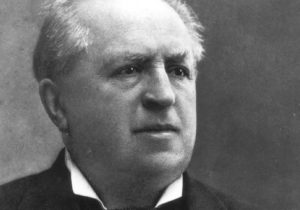
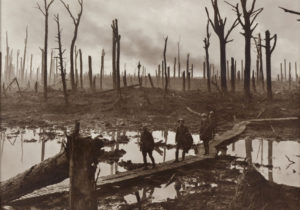

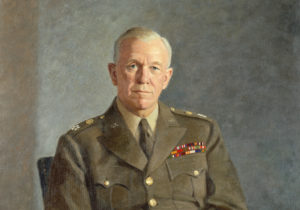
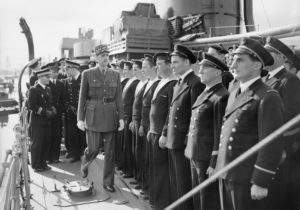
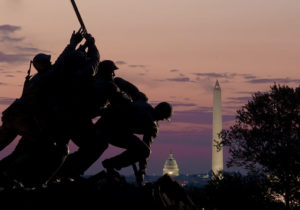
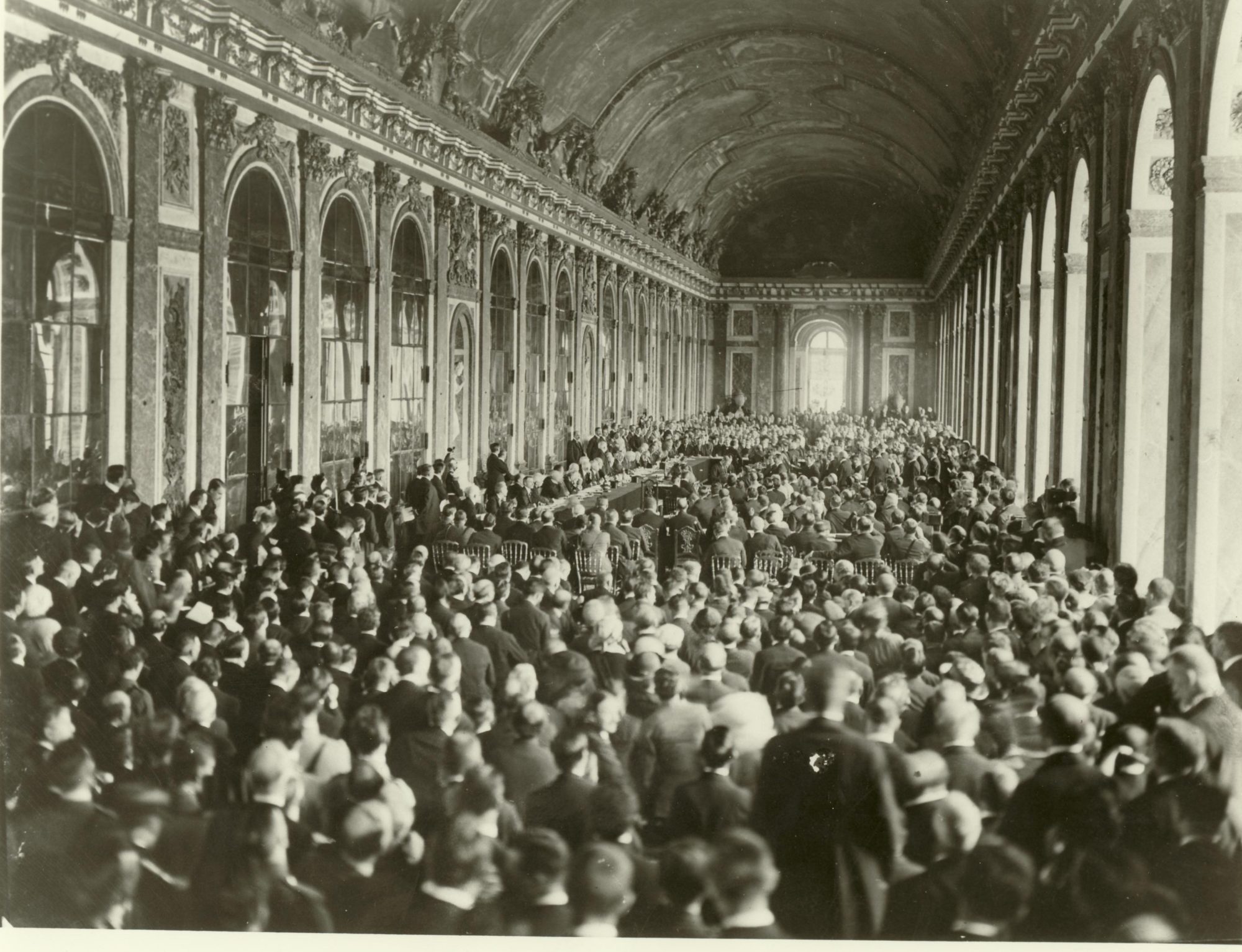

 Live in the DC area? Sign-up for Providence's in-person events list!
Live in the DC area? Sign-up for Providence's in-person events list!